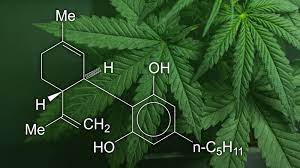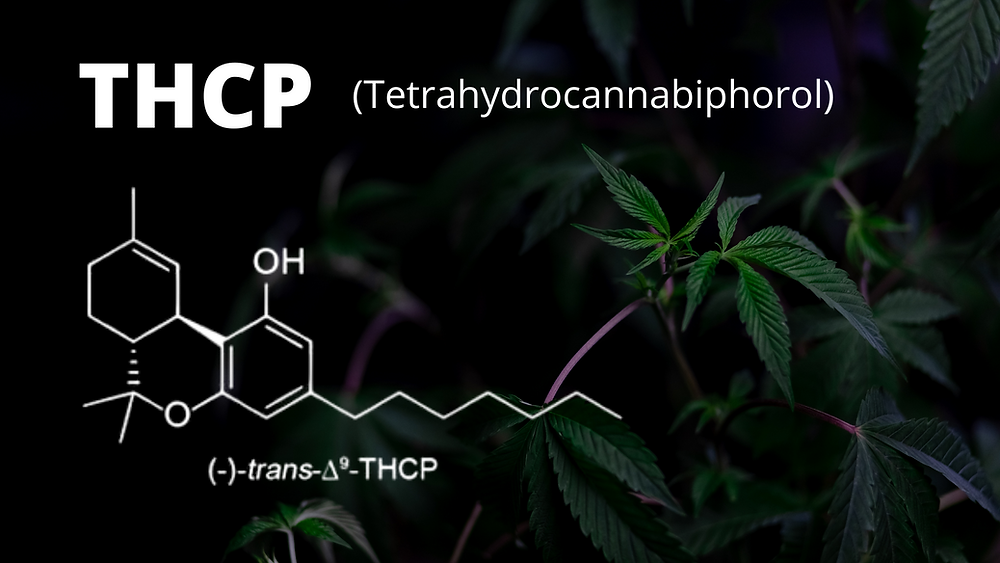
Research Reveals Pervasive Errors in the Labeling of Products Containing Cannabidiol
The burgeoning market of products containing cannabidiol (CBD) has exploded in recent years, with consumers seeking relief from various ailments and embracing the purported wellness benefits of this cannabinoid. However, as the industry rapidly expands, a concerning trend has emerged: pervasive errors in product labeling. Recent research has shed light on the extent of this issue, highlighting the need for greater transparency and accuracy in the labeling of CBD products.
The Study: Unveiling Labeling Discrepancies
A comprehensive study conducted by researchers aimed to evaluate the accuracy of product labeling within the CBD industry. The study encompassed a wide range of CBD products, including oils, tinctures, edibles, and topicals, sourced from various manufacturers and retailers across the United States. Researchers meticulously analyzed product labels, scrutinizing the information provided regarding CBD content, ingredients, and other pertinent details.
The Findings: Widespread Inconsistencies and Misleading Claims
The findings of the study were alarming, revealing widespread inconsistencies and misleading claims across the sampled CBD products. One of the most prevalent issues identified was inaccuracies in CBD content labeling. Many products either overstated or understated the actual concentration of CBD, leading to potential discrepancies in dosage and efficacy for consumers. This discrepancy poses significant risks, especially for individuals using CBD products for therapeutic purposes, as inaccurate dosing can compromise the desired effects and even result in adverse reactions.
Furthermore, the study uncovered discrepancies in ingredient labeling, with some products failing to accurately list all ingredients or omitting crucial information such as additives, preservatives, or potential allergens. This lack of transparency not only undermines consumer trust but also poses potential health risks for individuals with sensitivities or dietary restrictions.
Another concerning revelation was the prevalence of misleading claims on product labels. Many CBD products touted unsubstantiated health benefits or made exaggerated claims about their efficacy in treating various medical conditions. Such misleading marketing practices not only deceive consumers but also contribute to the overall confusion surrounding CBD's therapeutic potential.
The Implications: Consumer Safety and Regulatory Oversight
The pervasive errors in product labeling within the CBD industry have far-reaching implications for consumer safety and regulatory oversight. Inaccurate labeling not only undermines consumer confidence but also poses potential health risks, particularly for vulnerable populations such as children, the elderly, and individuals with underlying health conditions.
Moreover, the lack of standardized regulations governing CBD product labeling exacerbates the problem, allowing manufacturers to operate with minimal oversight and accountability. Without clear guidelines and enforcement mechanisms in place, consumers are left vulnerable to misinformation and deceptive marketing practices.
Moving Forward: Promoting Transparency and Accountability
Addressing the issue of labeling errors in the CBD industry requires concerted efforts from all stakeholders, including manufacturers, regulators, and consumer advocacy groups. Key steps must be taken to promote transparency and accountability in product labeling, ensuring that consumers have access to accurate and reliable information.
Manufacturers must prioritize quality control measures to ensure the accuracy of product labeling, including rigorous testing protocols to verify CBD content and comprehensive ingredient disclosure. Transparency should be paramount, with manufacturers providing detailed information about sourcing, production methods, and third-party testing results.
Regulators play a crucial role in establishing and enforcing clear guidelines for CBD product labeling, including standardized labeling requirements and stringent oversight of marketing claims. Robust regulatory frameworks are essential to protect consumers from misleading practices and uphold the integrity of the CBD industry.
Consumer education also plays a vital role in addressing the issue of labeling errors in the CBD market. Empowering consumers with knowledge about how to interpret product labels, discern quality products from dubious ones, and advocate for greater transparency can help mitigate the risks associated with inaccurate labeling.
Final Thoughts:
The prevalence of errors in the labeling of products containing cannabidiol represents a significant challenge for the CBD industry and poses risks to consumer safety and trust. Addressing this issue requires collaborative efforts from manufacturers, regulators, and consumers to promote transparency, accountability, and adherence to best practices. By prioritizing accuracy, honesty, and consumer welfare, the CBD industry can uphold its promise of providing safe, effective, and reliable products to consumers seeking the potential benefits of cannabidiol.
In light of the concerning findings regarding inaccuracies in CBD product labeling, wholesale buyers must exercise heightened diligence when sourcing products. Prioritizing partnerships with reputable brands like D Squared WorldWide ensures access to high-quality CBD products with transparent labeling practices. Trustworthy suppliers uphold stringent quality control measures, safeguarding consumer safety and confidence. Contact us now via our contact form
Reference:
- Bhamra, S., Desai, A., Imani-Berendjestanki, P., & Horgan, M. (2021). The emerging role of cannabidiol (cbd) products; a survey exploring the public's use and perceptions of cbd. Phytotherapy Research, 35(10), 5734-5740. https://doi.org/10.1002/ptr.7232
- Corroon, J., Mackay, D., & Dolphin, W. (2020). Labeling of cannabidiol products: a public health perspective. Cannabis and Cannabinoid Research, 5(4), 274-278. https://doi.org/10.1089/can.2019.0101
- Huestis, M., Solimini, R., Pichini, S., Pacifici, R., Carlier, J., & Busardò, F. (2019). Cannabidiol adverse effects and toxicity. Current Neuropharmacology, 17(10), 974-989. https://doi.org/10.2174/1570159x17666190603171901
- Johnson, E., Kilgore, M., & Babalonis, S. (2022). Label accuracy of unregulated cannabidiol (cbd) products: measured concentration vs. label claim. Journal of Cannabis Research, 4(1). https://doi.org/10.1186/s42238-022-00140-1
- Leas, E., Nobles, A., Todd, R., Smith, D., Dredze, M., & Ayers, J. (2020). Self-reported cannabidiol (cbd) use for conditions with proven therapies. Jama Network Open, 3(10), e2020977. https://doi.org/10.1001/jamanetworkopen.2020.20977
- Spindle, T., Sholler, D., Cone, E., Murphy, T., ElSohly, M., Winecker, R., … & Vandrey, R. (2022). Cannabinoid content and label accuracy of hemp-derived topical products available online and at national retail stores. Jama Network Open, 5(7), e2223019. https://doi.org/10.1001/jamanetworkopen.2022.23019
- Wagoner, K., Lazard, A., Romero‐Sandoval, E., & Reboussin, B. (2021). Health claims about cannabidiol products: a retrospective analysis of u.s. food and drug administration warning letters from 2015 to 2019. Cannabis and Cannabinoid Research, 6(6), 559-563. https://doi.org/10.1089/can.2020.0166



